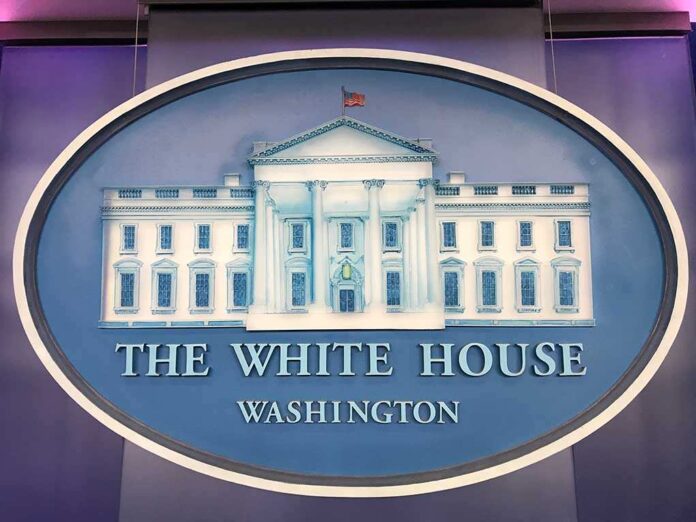
President Zelenskyy’s recent geopolitical moves threaten Ukraine’s stability and its alliances, especially with the U.S., raising essential questions for its future.
Quick Takes
- Zelenskyy perceived as aligning with Western globalists, potentially losing support post-2025.
- U.S.-Ukraine agendas are diverging, with Trump aiming for a new approach with Russia.
- European and Canadian defense strategies emerging independently of Ukraine’s influence.
- Questions mount over Zelenskyy’s future leadership and peace negotiation readiness.
Zelenskyy’s Geopolitical Alliances
President Zelenskyy’s ties with Western globalists raise concerns about their limited future ability to support Ukraine. The potential misalignment with the current U.S. administration’s policies contributes to geopolitical uncertainty. Although Zelenskyy seeks to maintain strong American ties, his perceived naivety in interactions with U.S. leaders questions the durability of such alliances.
Zelenskyy’s engagements with former President Trump and other officials have revealed disagreements, particularly on Russia-related issues. Trump presses for negotiations with Russia and retains a firm stance on concluding the war swiftly. Trump stated bluntly, “You either make a deal or we are out.” This stance adds pressure on Ukraine’s leadership to adjust its strategic plans accordingly.
The European Dimension
As Europe and Canada debate autonomous defense policies, significant policy and expenditure alterations remain crucial. Still, uncertainties linger over Europe’s ability to adequately support Ukraine without U.S. assistance. Zelenskyy must carefully navigate collaborating with European nations, critical to sustaining a robust, united front against Russian aggression. However, discussions around a proactive European security strategy are yet to bear fruit.
The ongoing talks with Britain and France on ceasefire plans signal progress yet fail to address the full spectrum of peace process challenges. For Ukraine, achieving favorable European-led security guarantees remains highly reliant on a coordinated international response.
The Domestic Front
Domestically, Zelenskyy’s challenges include election transparency and managing Western financial support scrutiny. Concerns about future elections and aid transparency fuel domestic unease, adding pressure to Zelenskyy’s administration. Inadequate domestic support could undermine Ukraine’s efforts to maintain international sympathy and backing.
Zelenskyy faces criticism for not learning from leaders like Netanyahu in managing international relations effectively. Internal support wanes as the domestic populace closely watches Ukraine’s international positioning, awaiting better outcomes from its geopolitical strategies.
Sources:
- 10 Takeaways From the Zelenskyy Blowup
- How Washington is reacting to the heated Trump-Zelenskyy meeting : NPR
- Trump’s Oval Office thrashing of Zelenskyy shows limits of Western allies’ ability to sway US leader | AP News












